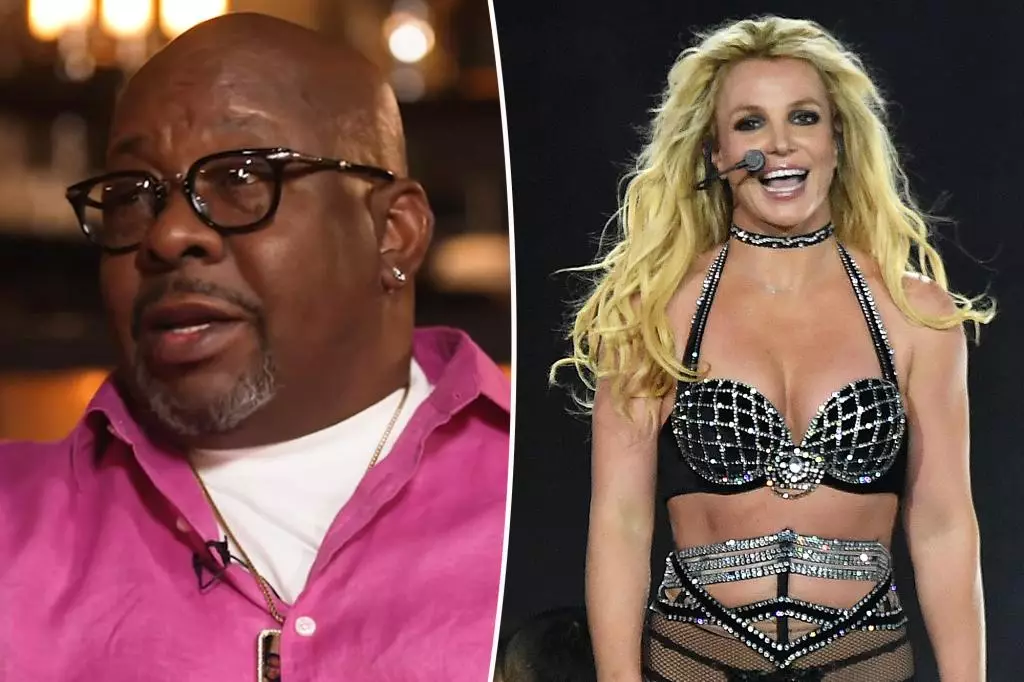When Bobby Brown openly criticized Britney Spears’ rendition of his classic 1988 hit “My Prerogative,” he certainly stirred the pot. His unfiltered remarks on the “Club Shay Shay” podcast, where he labeled her cover as a “butchering,” reveal not only his personal sentiments but also highlight an interesting generational divide in music appreciation. Brown’s assertion that he expected more from Spears—one of pop’s defining figures—indicates how deeply ingrained his original vision for the track is, contrasting sharply with the modern reimagining by Spears.
Interestingly, Brown’s willingness to clear the song for Spears’ cover, albeit with reservation, speaks volumes about the dynamics of musical collaborations today. Artists frequently allow other performers to reinterpret their work, assuming that the reinterpretation will be respectful and perhaps progressive. In this case, Brown’s disappointment leads to broader reflections on how the legacy of a song can sometimes clash with new interpretations, especially from younger artists.
The Backlash and Support
The reaction to Brown’s critique was swift and varied, largely amplifying the tension between traditionalists and contemporary pop enthusiasts. Fans rushed to social media platforms like X, voicing their allegiance to Spears and deriding Brown’s harsh assessment. This backlash underscores a critical point: the way we perceive music is evolving. Many feel that Spears’ cover not only honors the original but also reinvents it, contributing to her own discography while drawing in newer audiences.
Critics of Brown’s stance pointed out that his comments seem almost desperate—it’s as if the veteran artist is attempting to cling to relevance by criticizing a pop icon who has long surpassed him in mainstream recognition. The reaction from Spears’ fans—bubbling with enthusiasm for her take on “My Prerogative”—further emphasizes a cultural shift where older artists are not always the gatekeepers of musical quality. The fans’ unwavering support for Spears suggests that a new generation has decided what constitutes greatness.
Brown’s Education and Reflections
Brown’s admission that he learned a valuable lesson from the experience also speaks to a larger narrative: artists need to be more engaged with how their music is perceived and transformed. His frustration reflects a common concern among older generations of artists, who often feel their work is mishandled or misrepresented by newer influences. The phrase “you don’t know what these kids will say” echoes a broader struggle in the industry, where the blending of genres and the fusion of styles might leave original creators feeling out of touch.
Despite Brown’s seemingly dismissive comments, they do spark essential conversations about the evolution of pop music and the roles that artists play in shaping their legacies. The stark division in opinions over Spears’ cover versus Brown’s original hits serves as a ripe topic for debate, forcing us to question what makes a song resonate across generations.
Emphasizing the importance of artistic ownership while remaining open to reinterpretation might be the balancing act that both old and new artists must navigate in today’s rapidly evolving music landscape. The interplay between nostalgia and innovation ultimately shapes our understanding of what makes music timeless.

